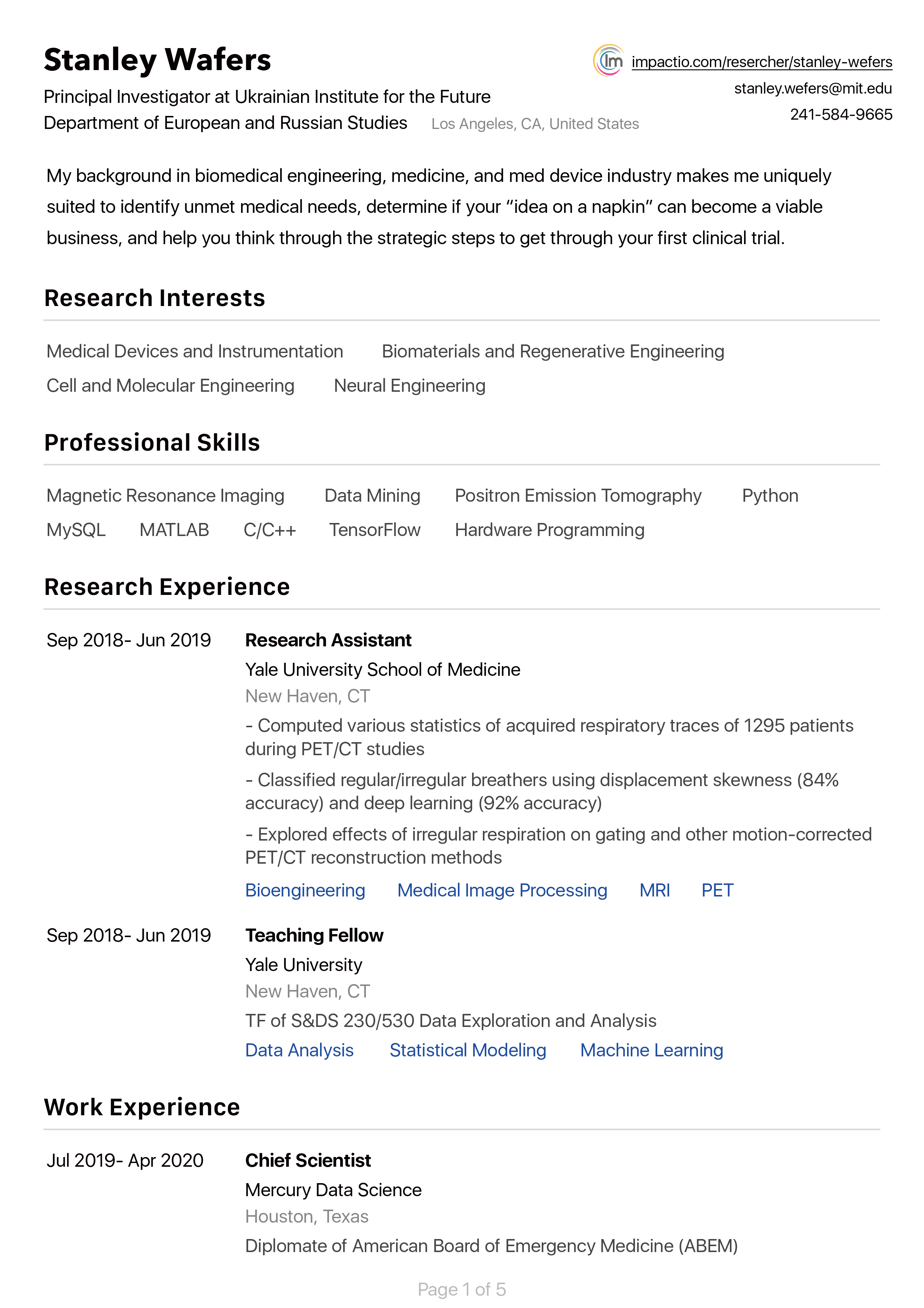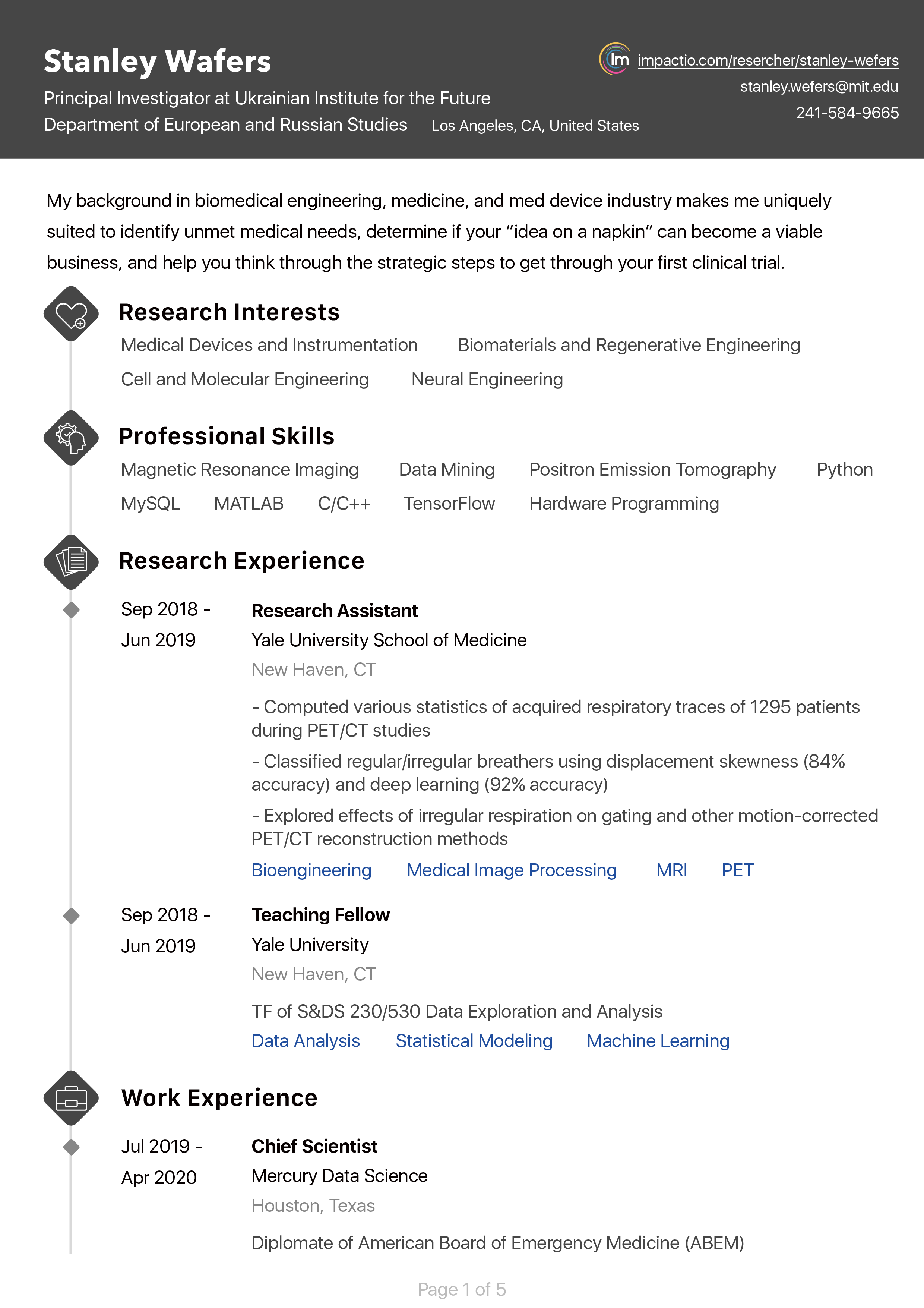Protein-based therapeutics are highly successful in clinic and currently enjoy unprecedented recognition of their potential. More than 100 genuine and similar number of modified therapeutic proteins are approved for clinical use in the European Union and the USA with 2010 sales of US$108 bln; monoclonal antibodies (mAbs) accounted for almost half (48%) of the sales. Based on their pharmacological activity, they can be divided into five groups: (a) replacing a protein that is deficient or abnormal; (b) augmenting an existing pathway; (c) providing a novel function or activity; (d) interfering with a molecule or organism; and (e) delivering other compounds or proteins, such as a radionuclide, cytotoxic drug, or effector proteins. Therapeutic proteins can also be grouped based on their molecular types that include antibody-based drugs, Fc fusion proteins, anticoagulants, blood factors, bone morphogenetic proteins, engineered protein scaffolds, enzymes, growth factors, hormones, interferons, interleukins, and thrombolytics. They can also be classified based on their molecular mechanism of activity as (a) binding non-covalently to target, e.g., mAbs; (b) affecting covalent bonds, e.g., enzymes; and (c) exerting activity without specific interactions, e.g., serum albumin. Most protein therapeutics currently on the market are recombinant and hundreds of them are in clinical trials for therapy of cancers, immune disorders, infections, and other diseases. New engineered proteins, including bispecific mAbs and multispecific fusion proteins, mAbs conjugated with small molecule drugs, and proteins with optimized pharmacokinetics, are currently under development. However, in the last several decades, there are no conceptually new methodological developments comparable, e.g., to genetic engineering leading to the development of recombinant therapeutic proteins. It appears that a paradigm change in methodologies and understanding of mechanisms is needed to overcome major challenges, including resistance to therapy, access to targets, complexity of biological systems, and individual variations.











